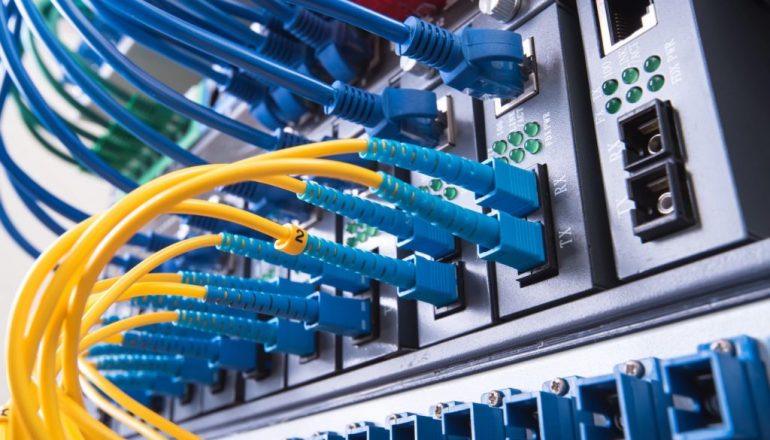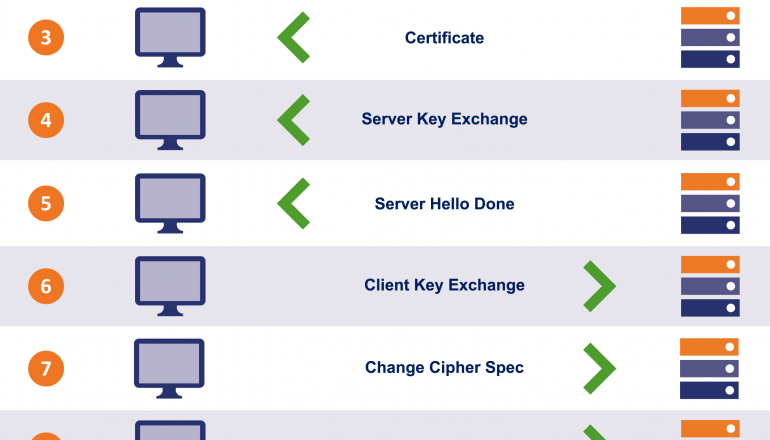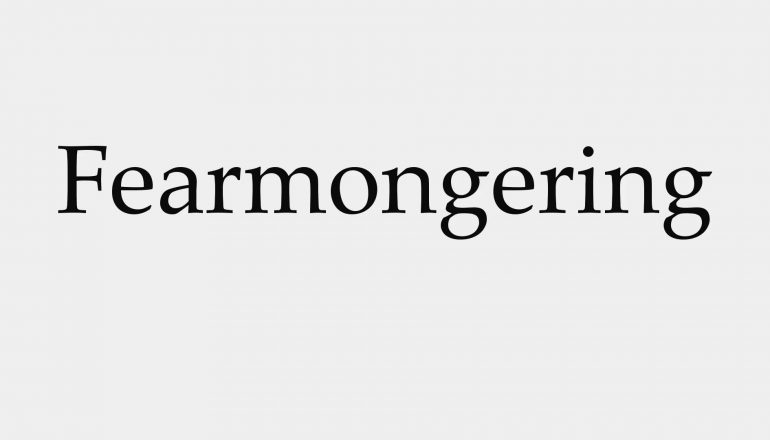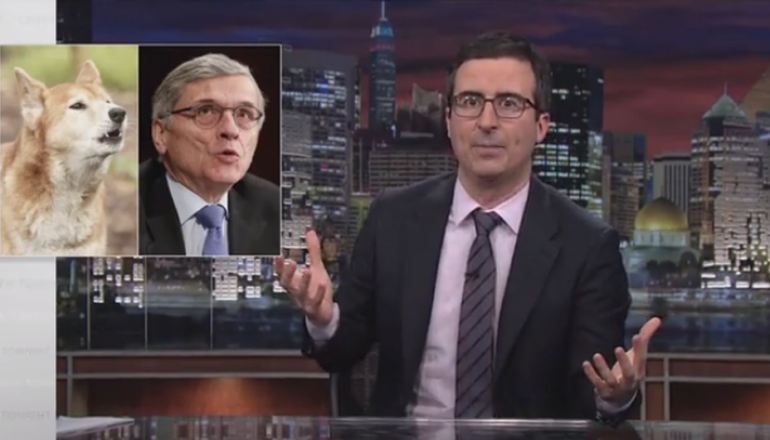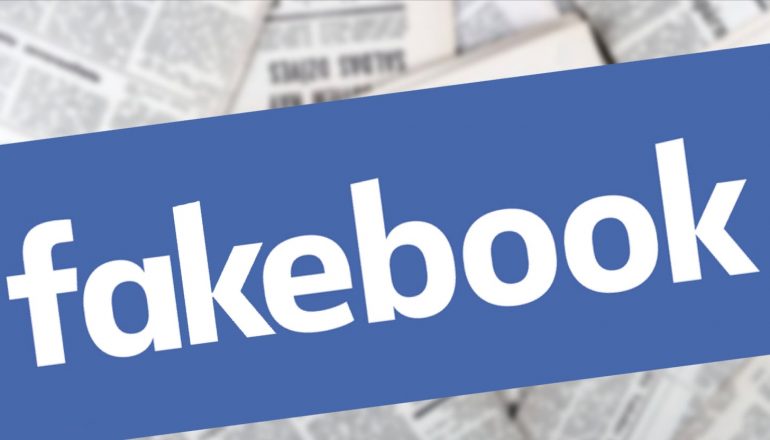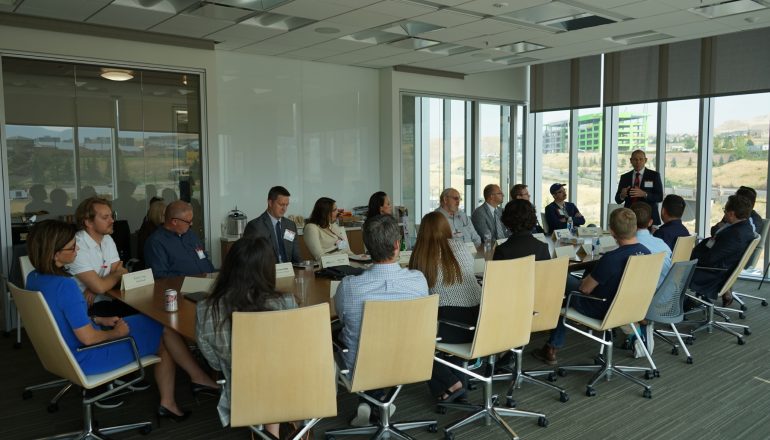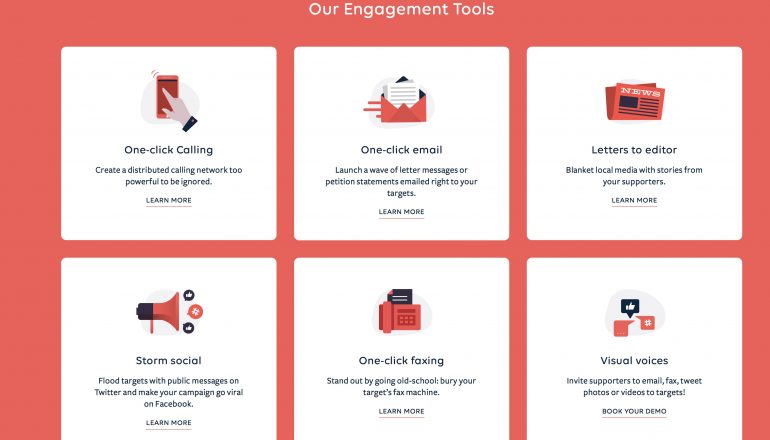Europe Gets Serious About Copyright
EFF claims that Article 13 is an “extinction level event for the Internet.” Please, haven’t we had enough of that sort of hysteria? The Internet will remain a vibrant and vital system for communication despite – and perhaps because of – reforms such as Article 13.
Wireless ISPs Manage Video Streams Under High Load
The Wehe data doesn’t tell us whether the observed behavior is consistent with company disclosures or general net neutrality conventions. While we don’t expect legal opinions from network performance scholars, it’s important to know more about the triggers of network management.
Senator Markey Redesigns the Internet
In reality, the Markey amicus doesn’t describe the Internet that we use today. It addresses an entirely different system that didn’t exist in the past either. ISP service is combination of transmission and information processing that serves the needs of the information society. And it appears to be serving those needs pretty darned well.
Making the Internet Secure Once Again
An awful lot of things that are sold to us as improvements to Internet security simply deliver more information into the hands of a small group of companies. Whether that’s a good thing is for you to decide, but for my own part I like to be selective about what I share with which players.
Emotion Threatens Reason in Tech Policy
Enjoying the benefits of ICT and the Information Age requires us to adopt new models of regulation that are fit for the task. For this to happen, we’ll need to stop demonizing every new invention for the sake of eyeballs, audience, and ad revenues.
No Free Speech Shields for Frauds
How hard would it be for platforms to add a condition to their terms of use to the effect that they will not host content for firms that engage in intentional, deliberate deception to sell products? This is different from regulating their speech and potentially more effective.
Net Neutrality Lawmaking May Be Near
Finding sponsors to carry the bill may be troublesome before the mid-term, but a legitimate work product will be useful whenever Congress is of a mind to consider legislating. We may actually be closer to legitimate, regular Congressional action on Internet regulation than we’ve been since the summer of 2010.
CyberTurfing: The Way Democracy Ends
These tools enable one activist to look to the Internet like a whole crowd. It also enables activists to look like they vote in districts where they don’t live and to make phone calls to Congress that look like they come from constituents when they don’t. This is a corruption of our democracy.




